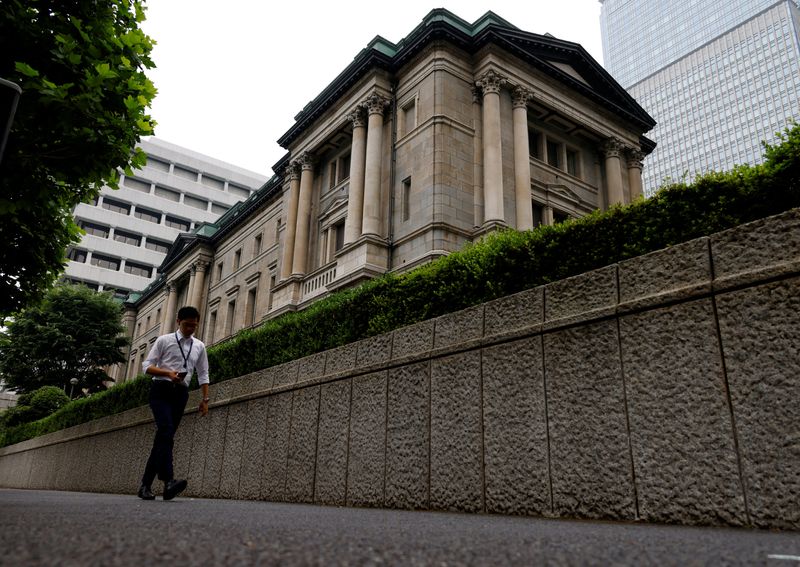The Bank of Japan's decision to raise its bond-yield ceiling could be the first step toward normalising ultra-easy policy, Takatoshi Ito, a Columbia University professor who is close to BOJ Governor Haruhiko Kuroda, wrote in a column .
The central bank stunned markets this month by raising to 0.50% from 0.25% an implicit cap set for its 10-year bond yield target, a move aimed at ironing out market distortions caused by its yield curve control (YCC) policy.
Kuroda said then that the move was not a prelude to an exit from ultra-loose policy, because recent price rises meant Japan's inflation-adjusted, real interest rate had been declining.
"Kuroda is correct on this technical point. But the tweak to the YCC could still be the first step toward monetary-policy normalization," Ito said in the column posted on the website of news organization Project Syndicate.
There was good reason to believe the BOJ's projection that inflation will slow back below its 2% target next year could prove wrong, said Ito, whom some analysts see as a potential candidate to become BOJ governor when Kuroda's term ends in April.
Japan's annual consumer inflation rate hit 2.8% in November even when excluding the effect of higher energy and food prices. Ito said that was a sign it could remain above 2% next year even if energy and food prices stopped rising.
Next year's annual pay negotiations were also likely to bring large wage hikes, partly to compensate employees for the rise in inflation, a move that would boost households' spending power and cause price rises driven by stronger demand, he said.
"That would be an ideal initial condition for the BOJ to start hitting its inflation target on a more sustainable basis," Ito said. "The new year may yet bring a happy ending to Japan's decade-old ultra-easy monetary policy," he added.
Ito and Kuroda, who have been close since working together at Japan's finance ministry in 1999-2001, lobbied hard for the BOJ to adopt a 2% inflation target to end deflation. The BOJ did so in early 2013 and deployed a massive stimulus programme when Kuroda became governor months later.
Kuroda's "bazooka" asset-buying programme, however, failed to fire up inflation, forcing the BOJ to adopt YCC in a prolonged effort to achieve its price goal.










